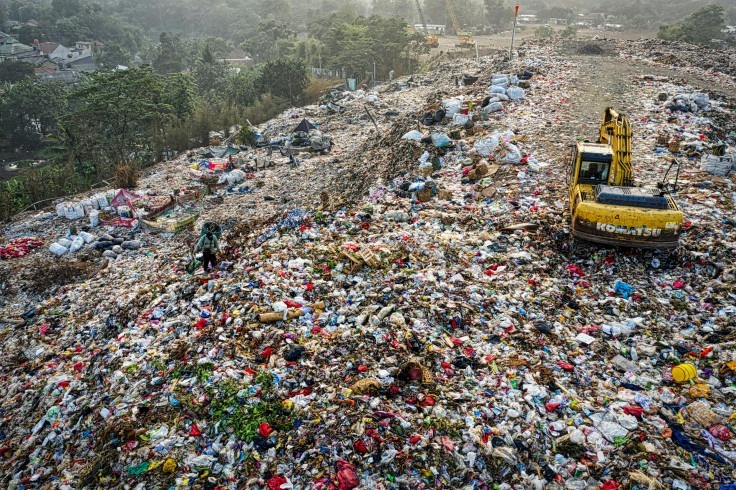Spain is facing mounting pressure over its role as a dumping ground for Europe’s waste, as a lucrative but controversial trade in imported garbage saturates the country’s landfills. Despite EU directives aimed at reducing landfill dependency, Spain continues to absorb massive volumes of waste—both domestic and foreign—raising alarms about environmental sustainability and regulatory oversight.
The Business of Buried Waste
- Spain receives significant quantities of waste from other European countries, often under the guise of recycling or energy recovery, but much of it ends up in landfills due to limited processing capacity.
- The country generates over 130 million tonnes of waste annually, with more than 50 percent still being dumped rather than recycled or converted to energy.
- This landfill-heavy model has created a profitable but environmentally damaging industry, with private operators and municipalities earning from tipping fees and waste handling contracts.
- Autonomous communities like Asturias, Madrid, and Valencia are among the hardest hit, with local dumps nearing or exceeding capacity.
- The lack of a unified national registry and inconsistent data collection across regions further complicates oversight and accountability.
Europe’s Waste Hierarchy vs. Spain’s Reality
- While countries like Germany, Sweden, and the Netherlands have nearly eliminated landfill use through aggressive recycling and waste-to-energy (WtE) strategies, Spain lags behind with over 47 percent of municipal solid waste still landfilled.
- The EU Landfill Directive mandates that no more than 10 percent of municipal waste should be landfilled by 2035, but Spain is far from meeting this target.
- Regulatory bottlenecks, public resistance to incineration, and outdated infrastructure have slowed the adoption of WtE solutions.
- Spain’s recycling rate stands at around 43 percent, nearly 9 points below the EU average, with composting and energy recovery also underutilized.
Environmental and Social Consequences
- Landfills contribute to methane emissions, groundwater contamination, and land degradation, particularly in regions with poor waste segregation and monitoring.
- The influx of foreign waste exacerbates these issues, often overwhelming local systems and sparking community protests.
- Critics argue that the current model prioritizes short-term economic gains over long-term environmental health and circular economy goals.
- The situation has prompted calls for stricter import controls, better enforcement of EU waste shipment regulations, and investment in modern waste processing infrastructure.
A Path Forward
- The Spanish government is under increasing pressure to align with EU sustainability targets by expanding recycling programs, incentivizing WtE projects, and improving data transparency.
- The EU Green Deal and NextGenerationEU recovery funds offer financial support for such transitions, but implementation remains uneven.
- Industry groups like AEVERSU are advocating for a smarter waste future, emphasizing that WtE should complement—not compete with—recycling efforts.
Sources: Grupo SPR, EAE Business School, Magaldi, AEVERSU, Ministry of Ecological Transition and Demographic Challenge.
